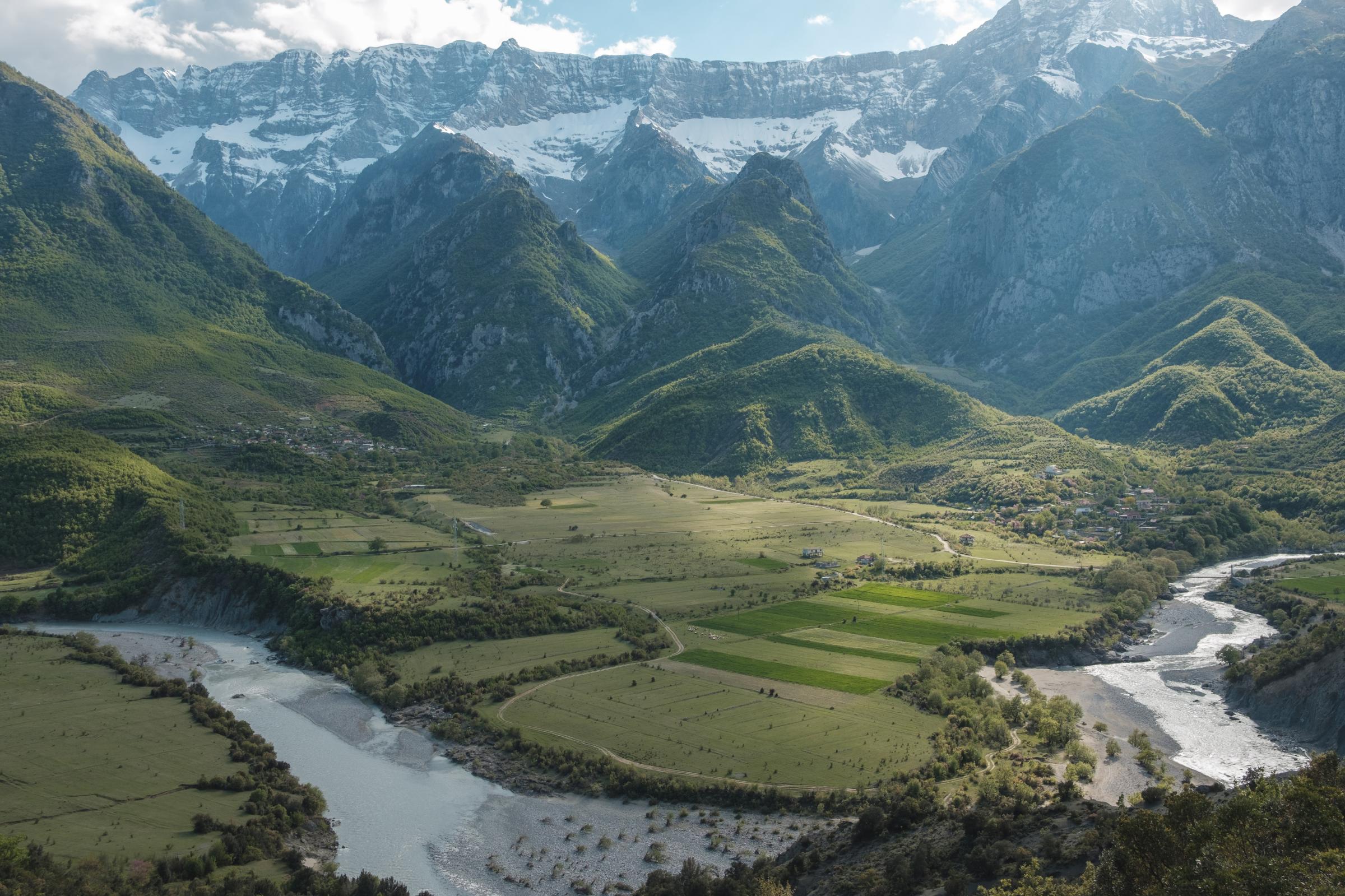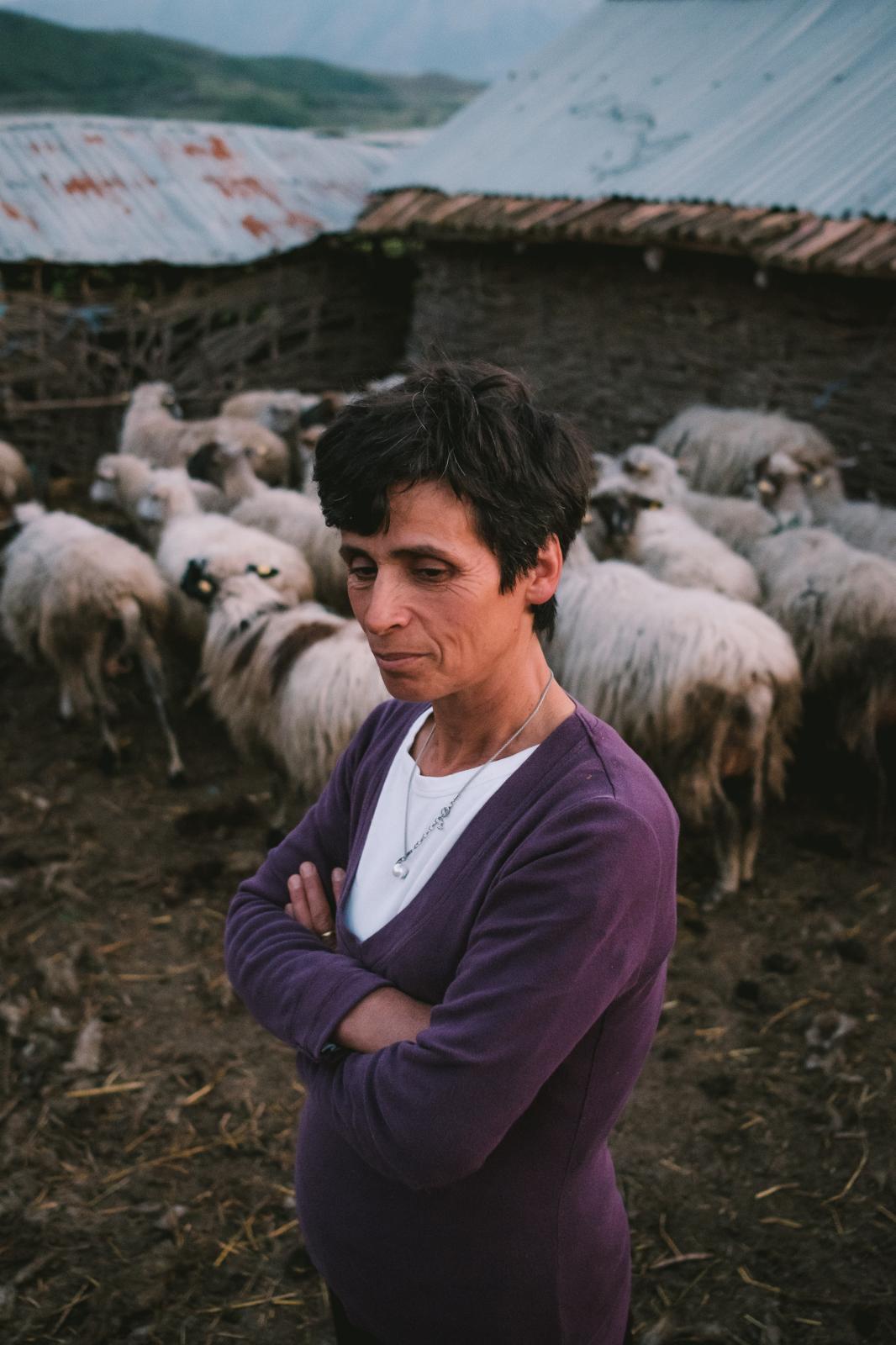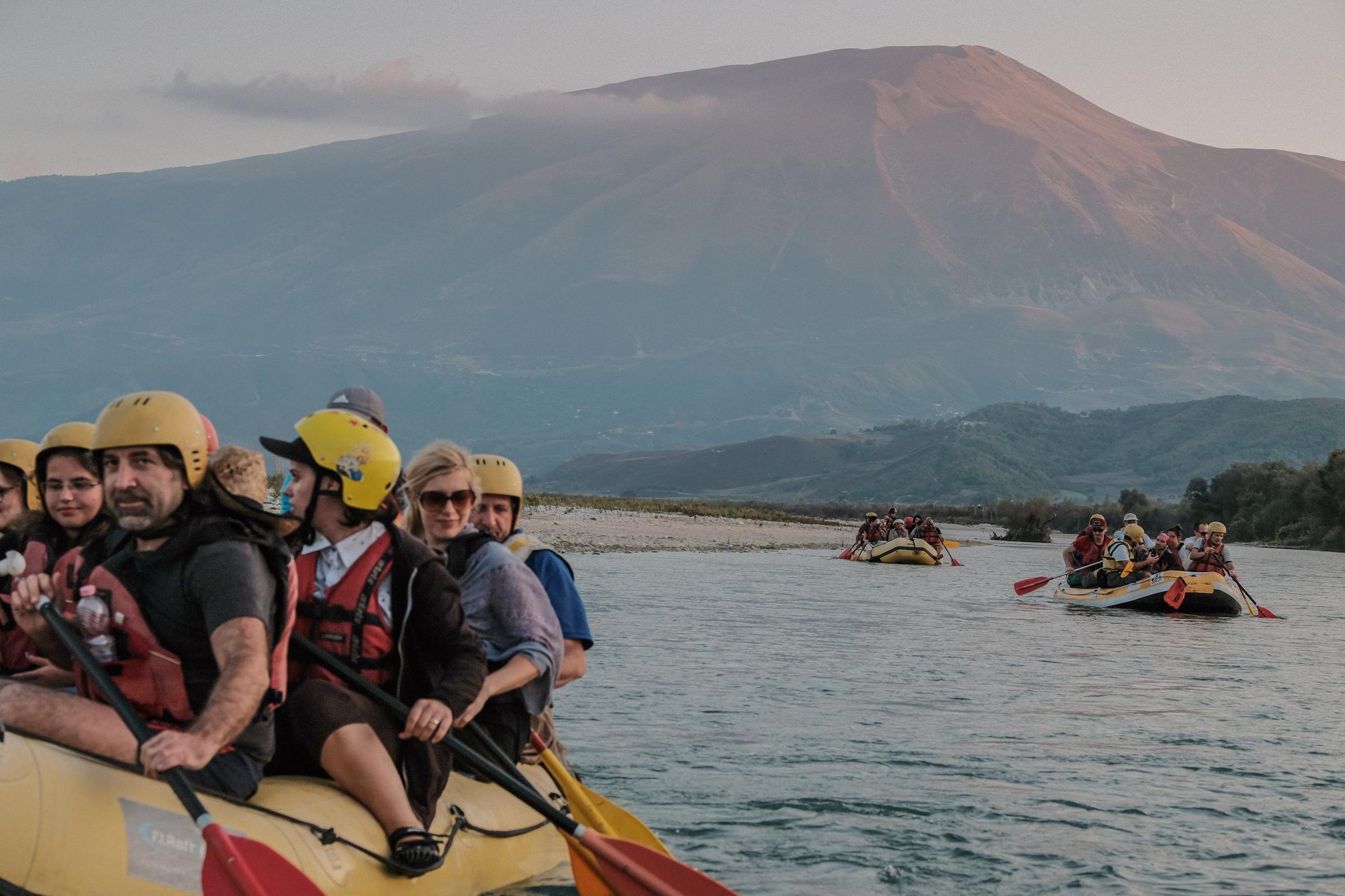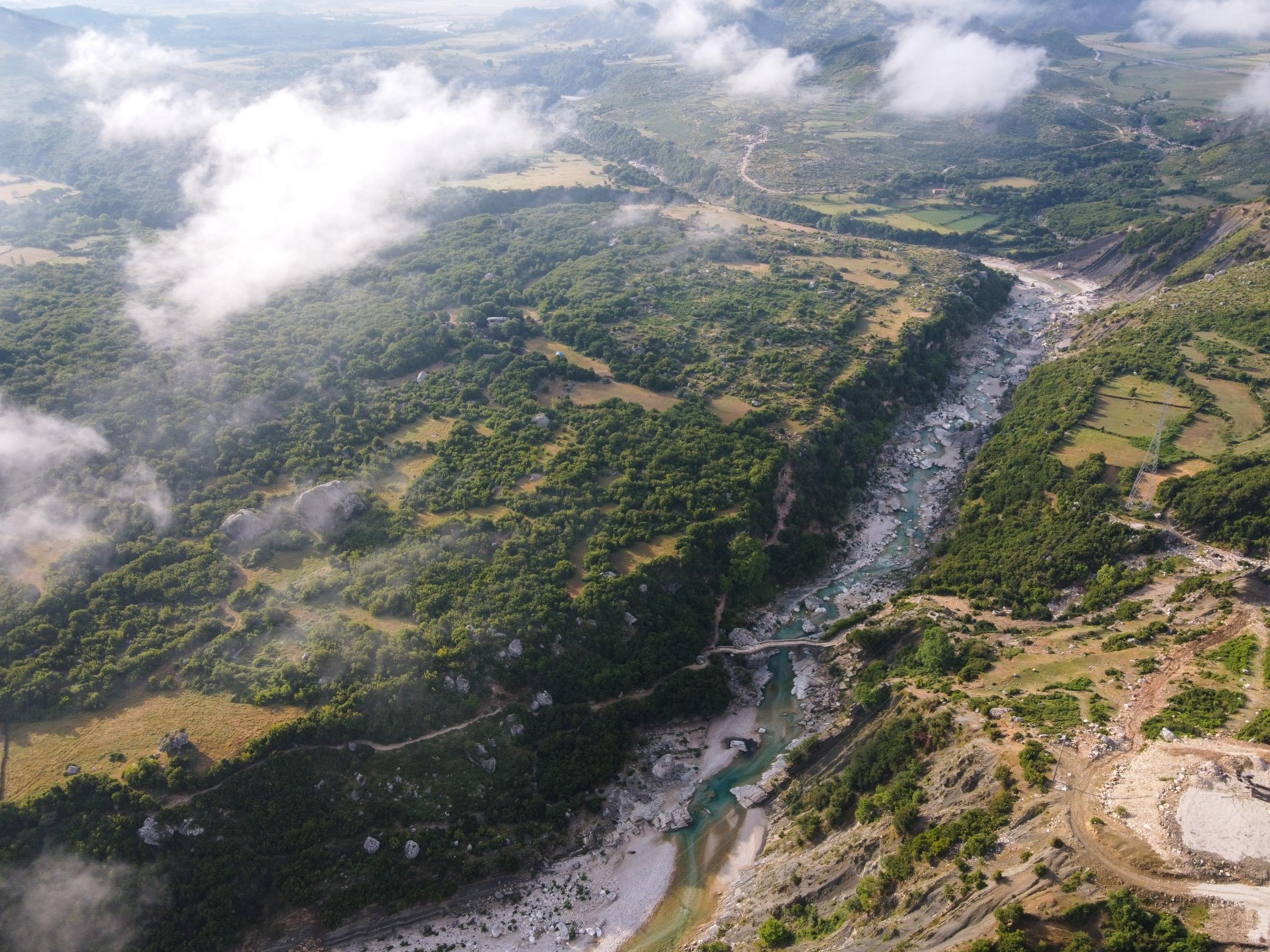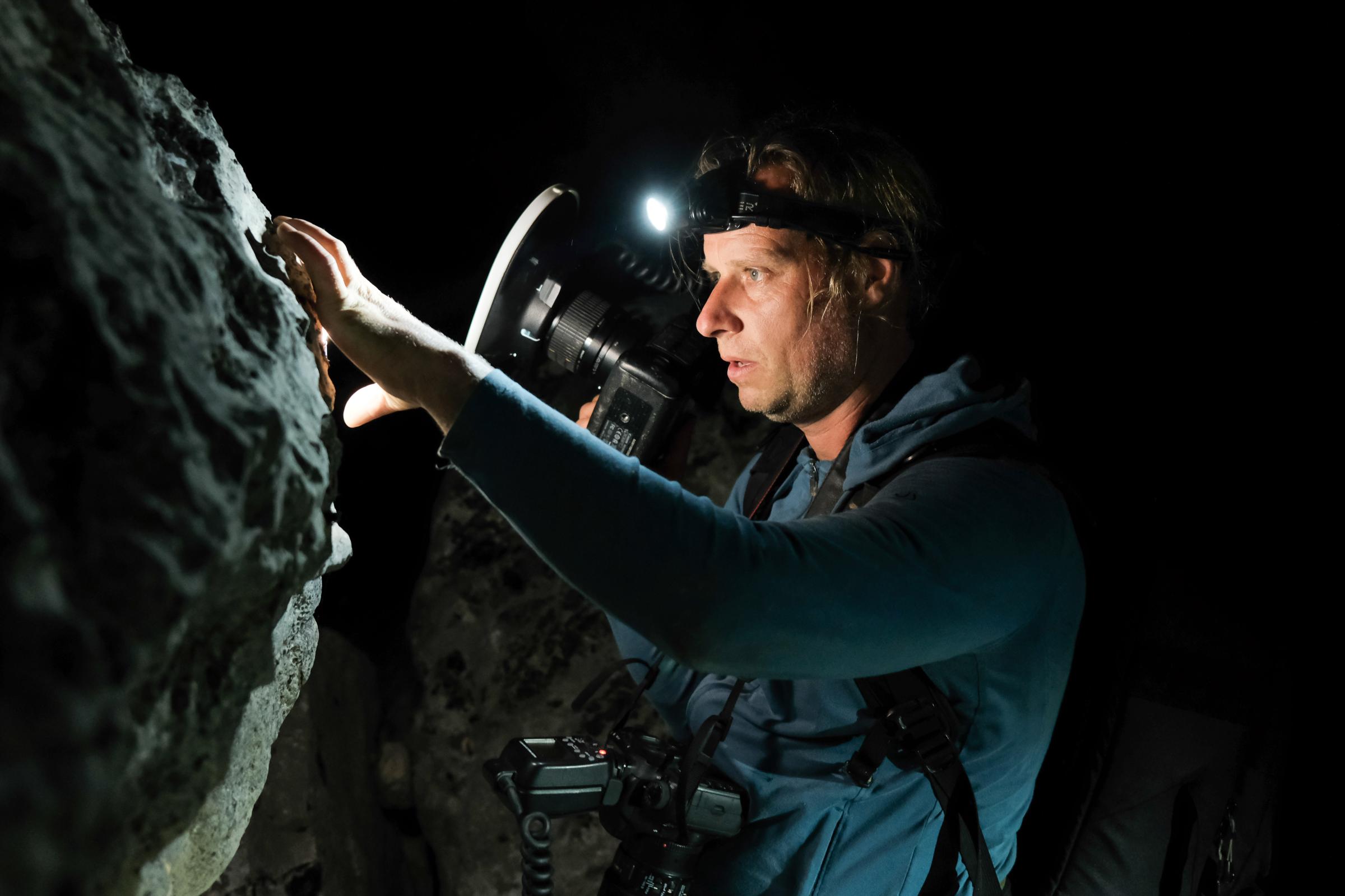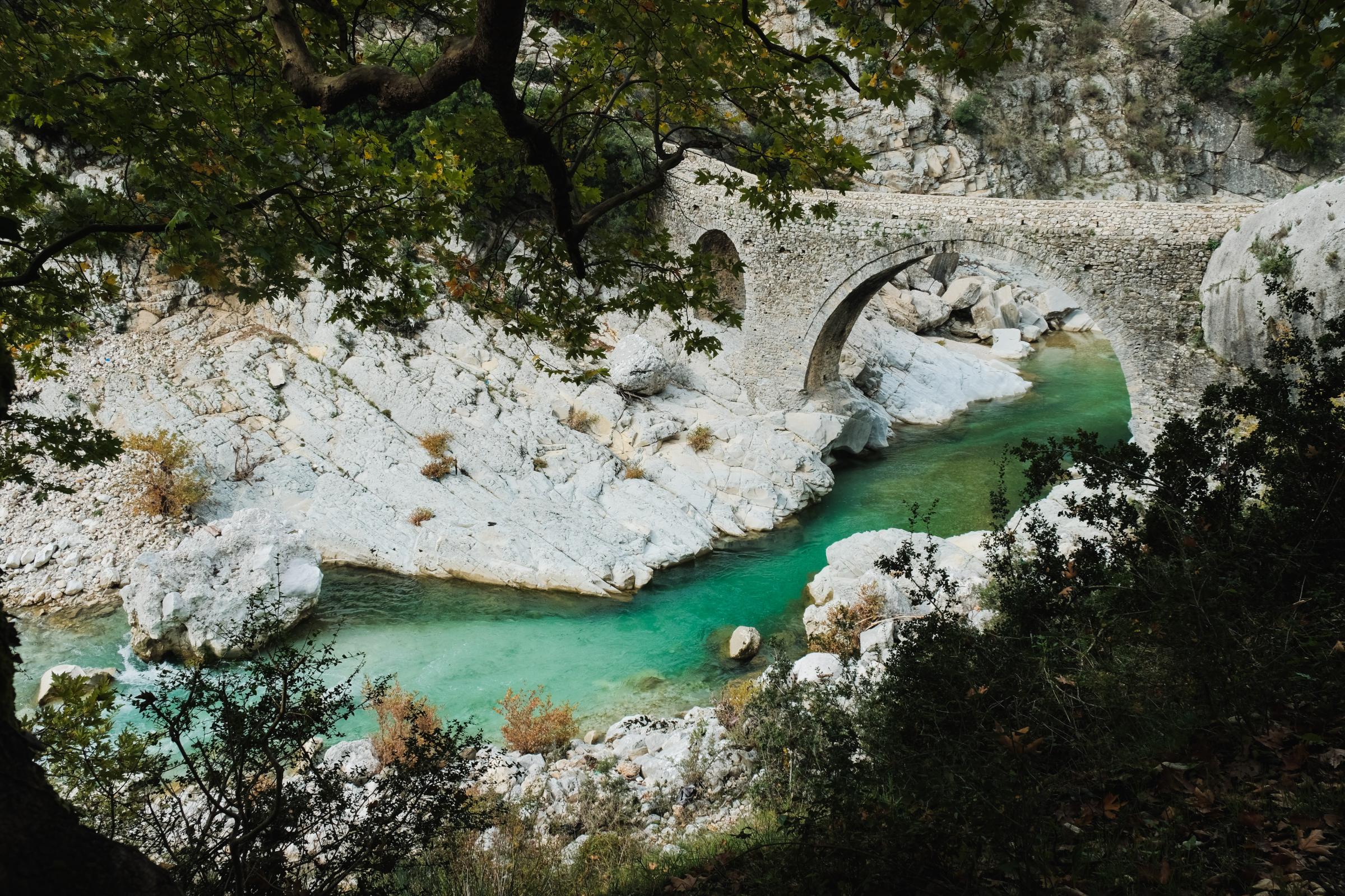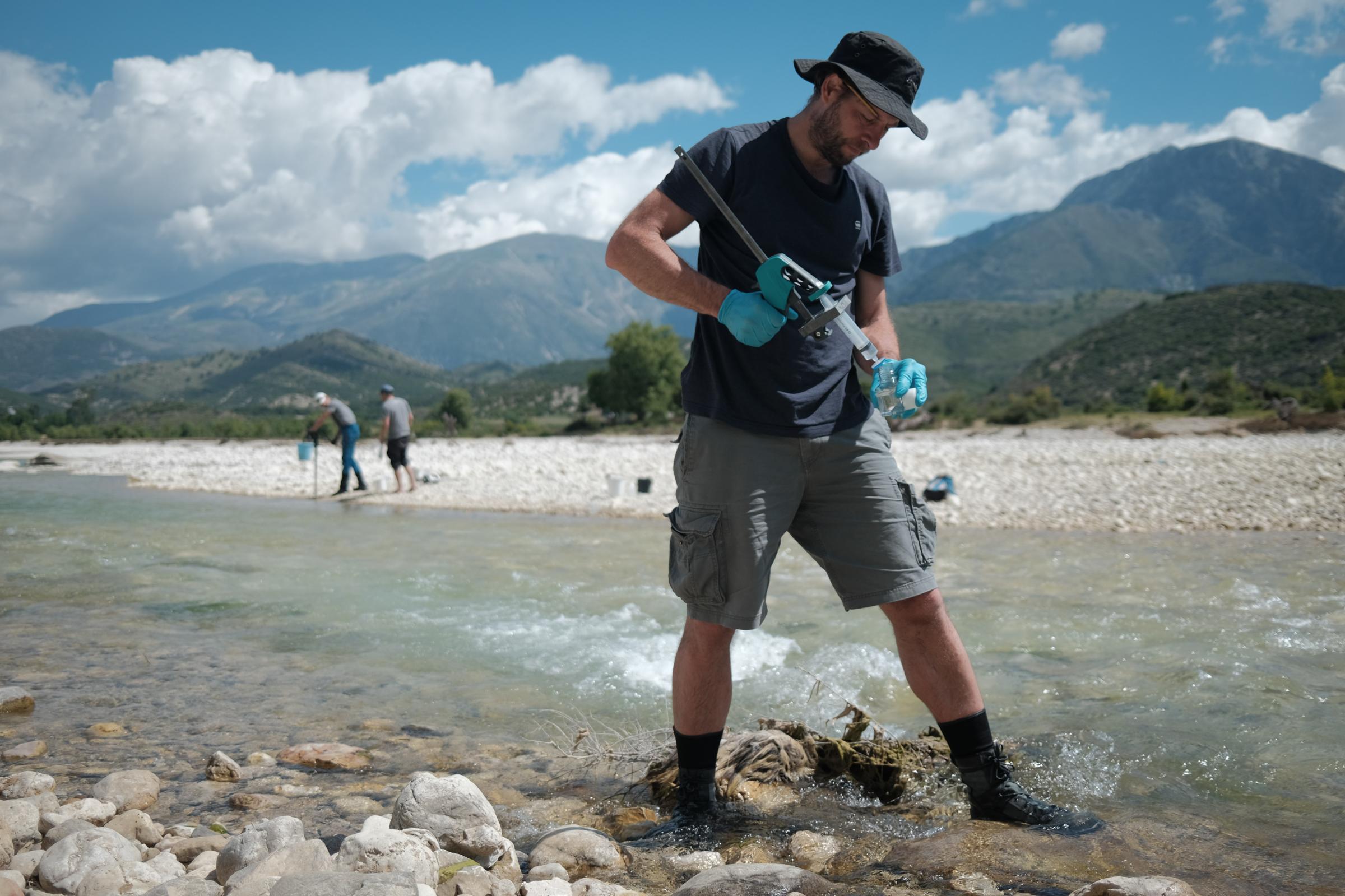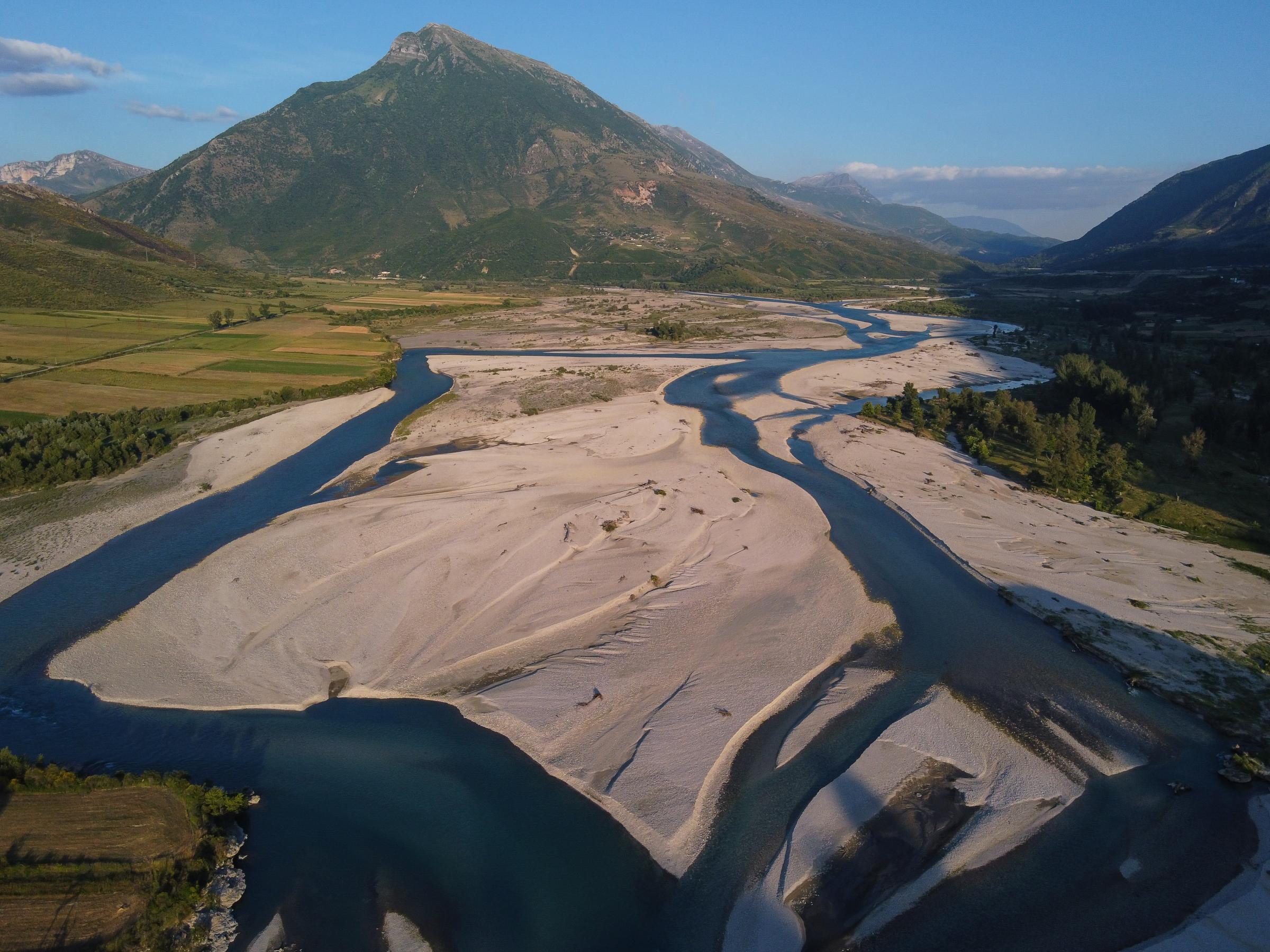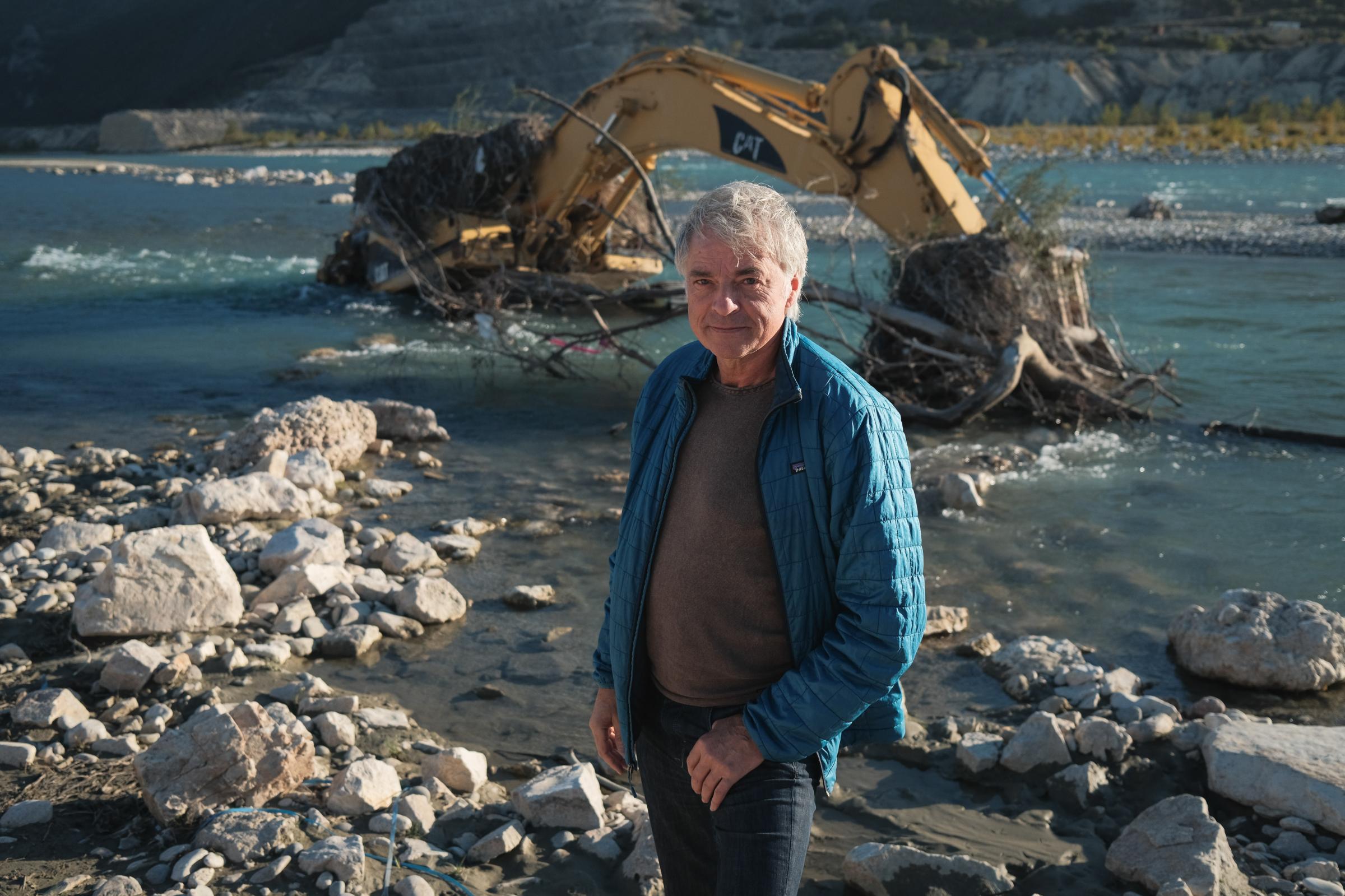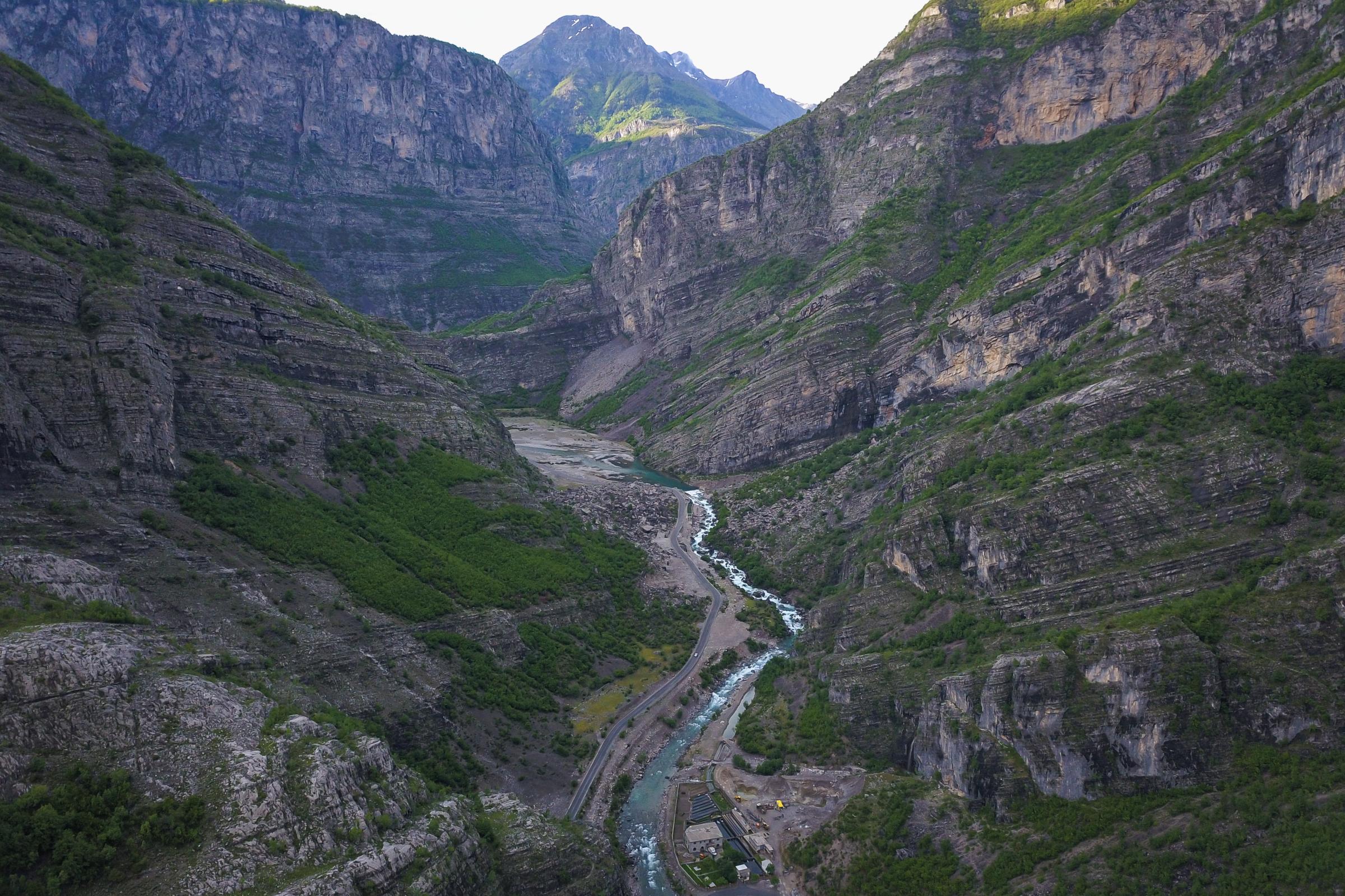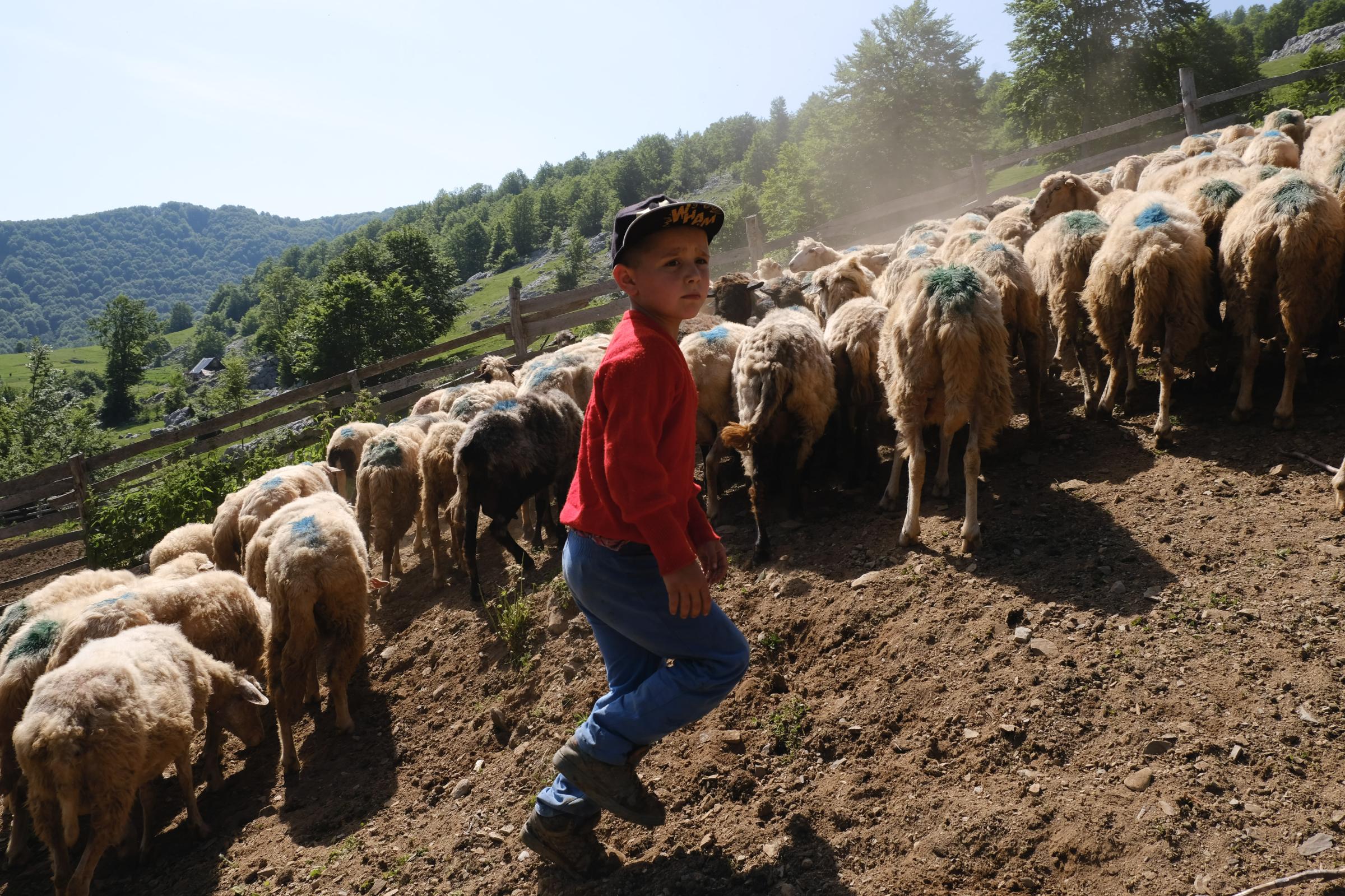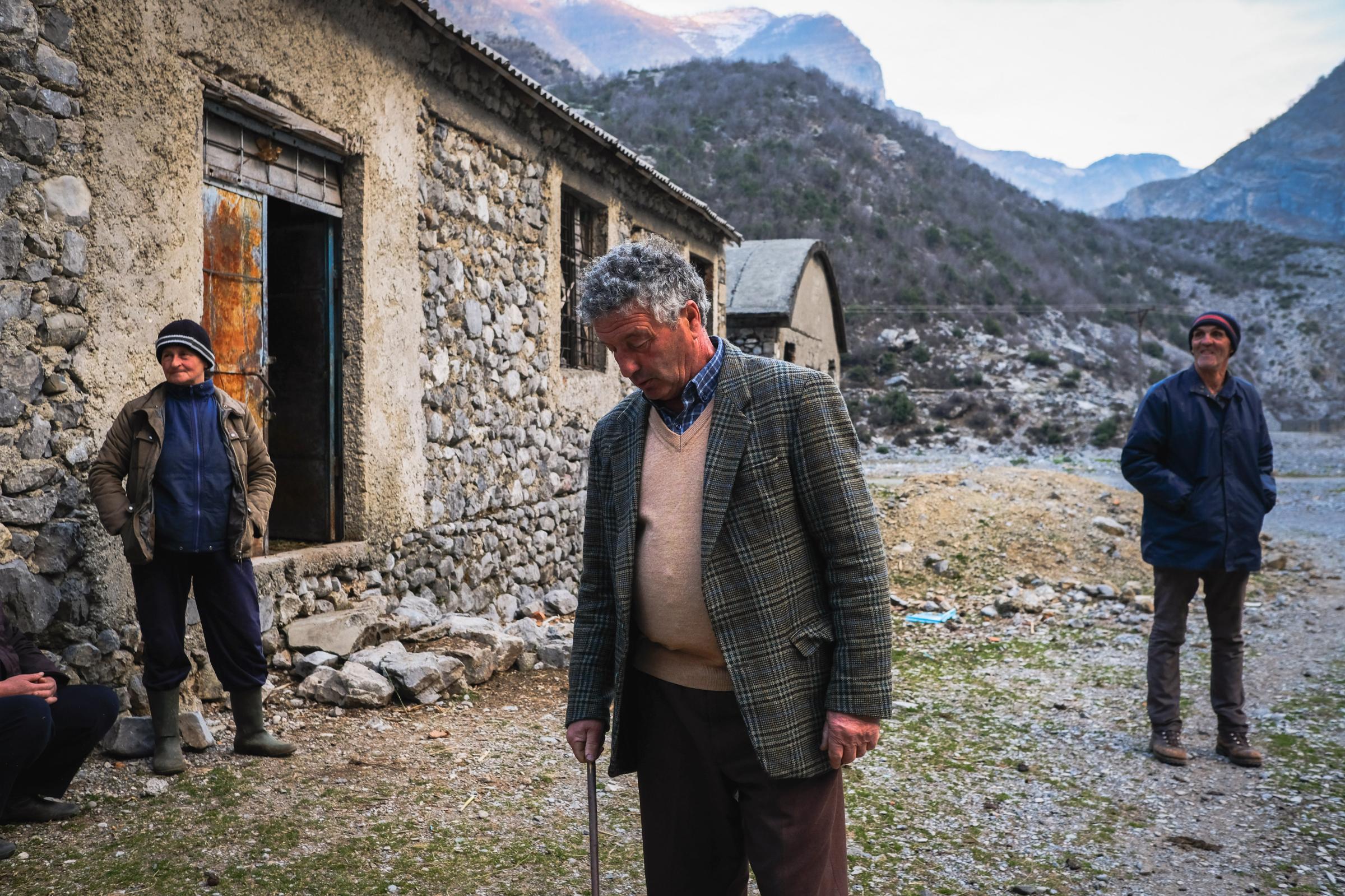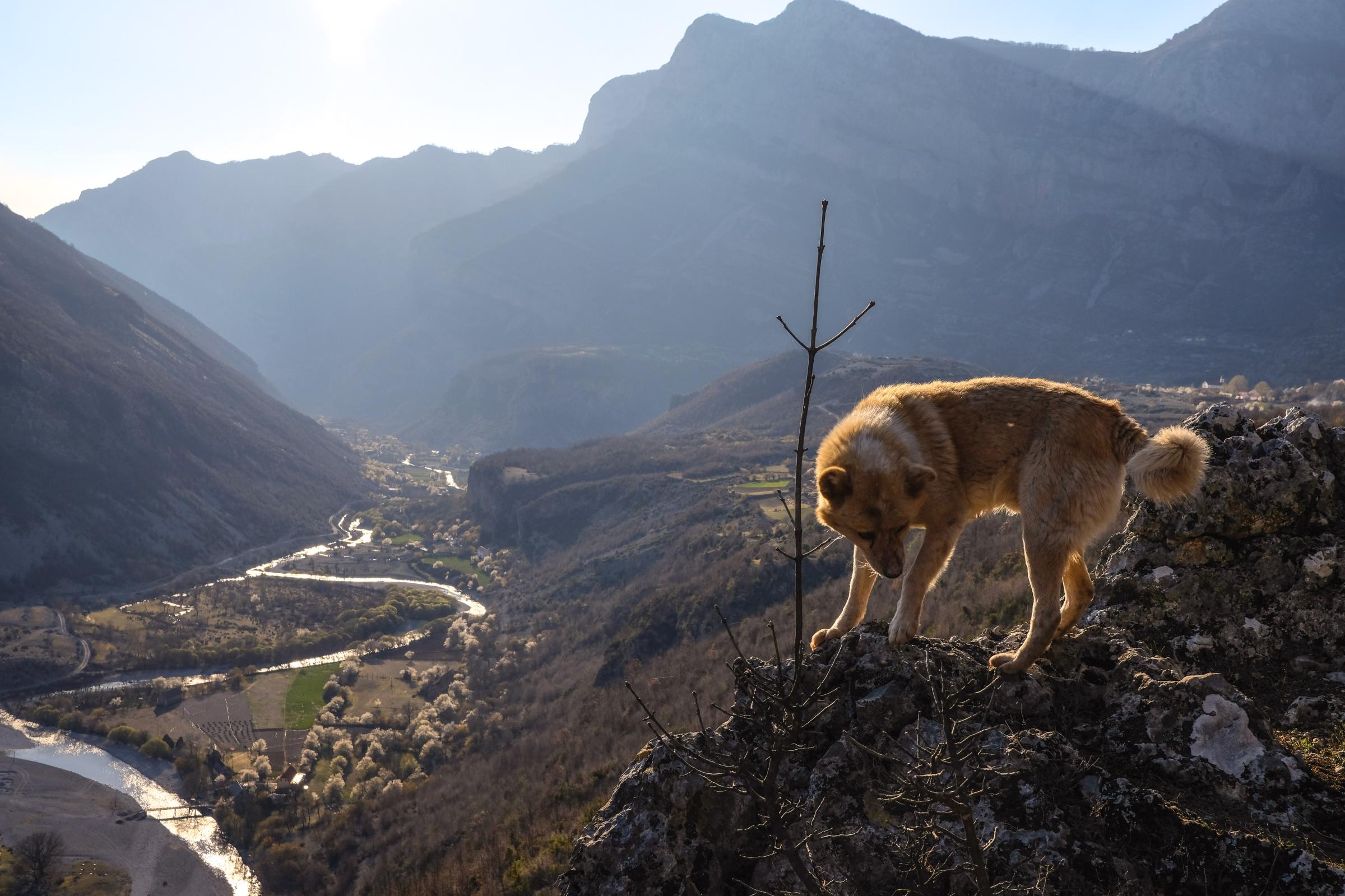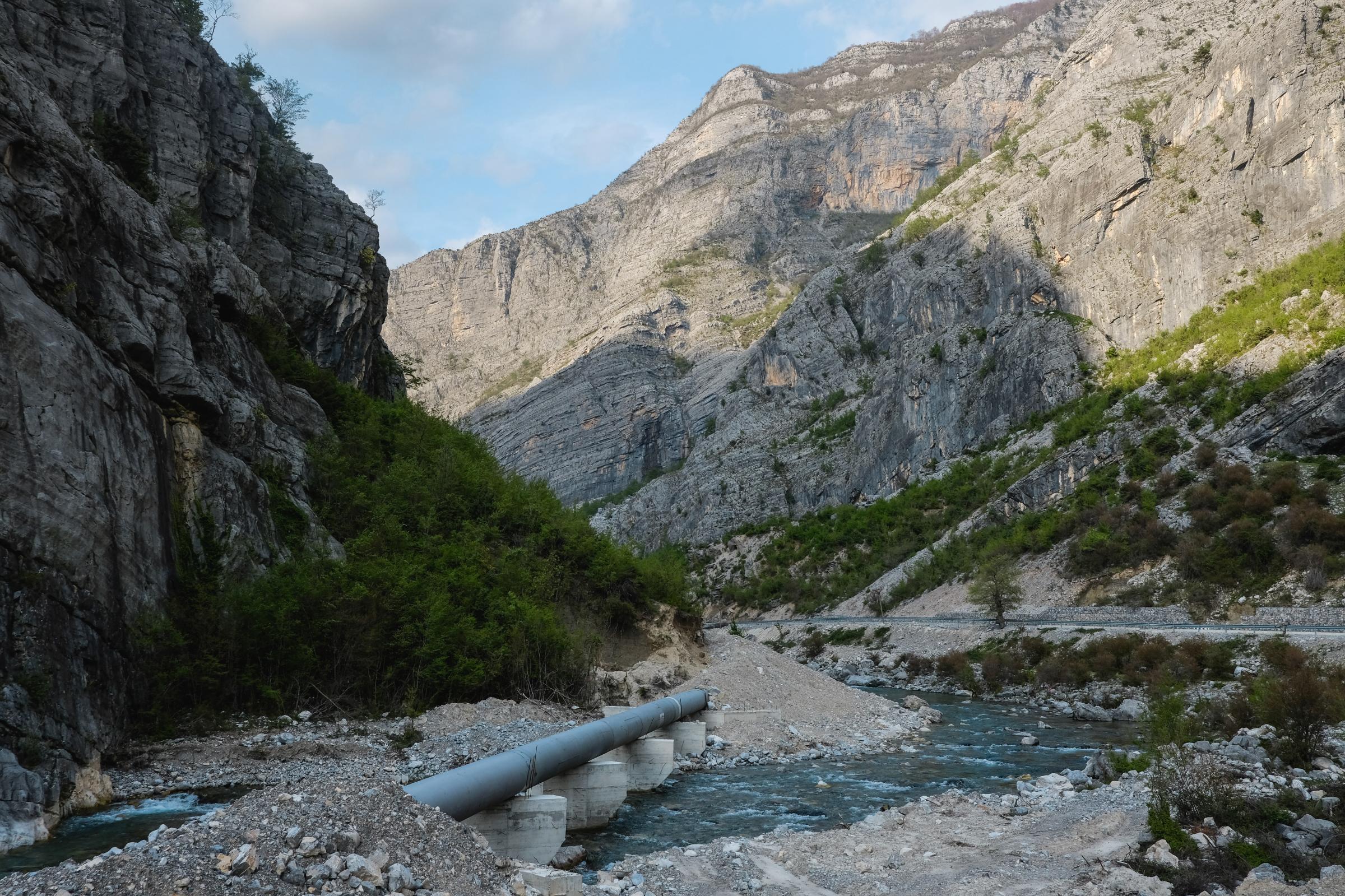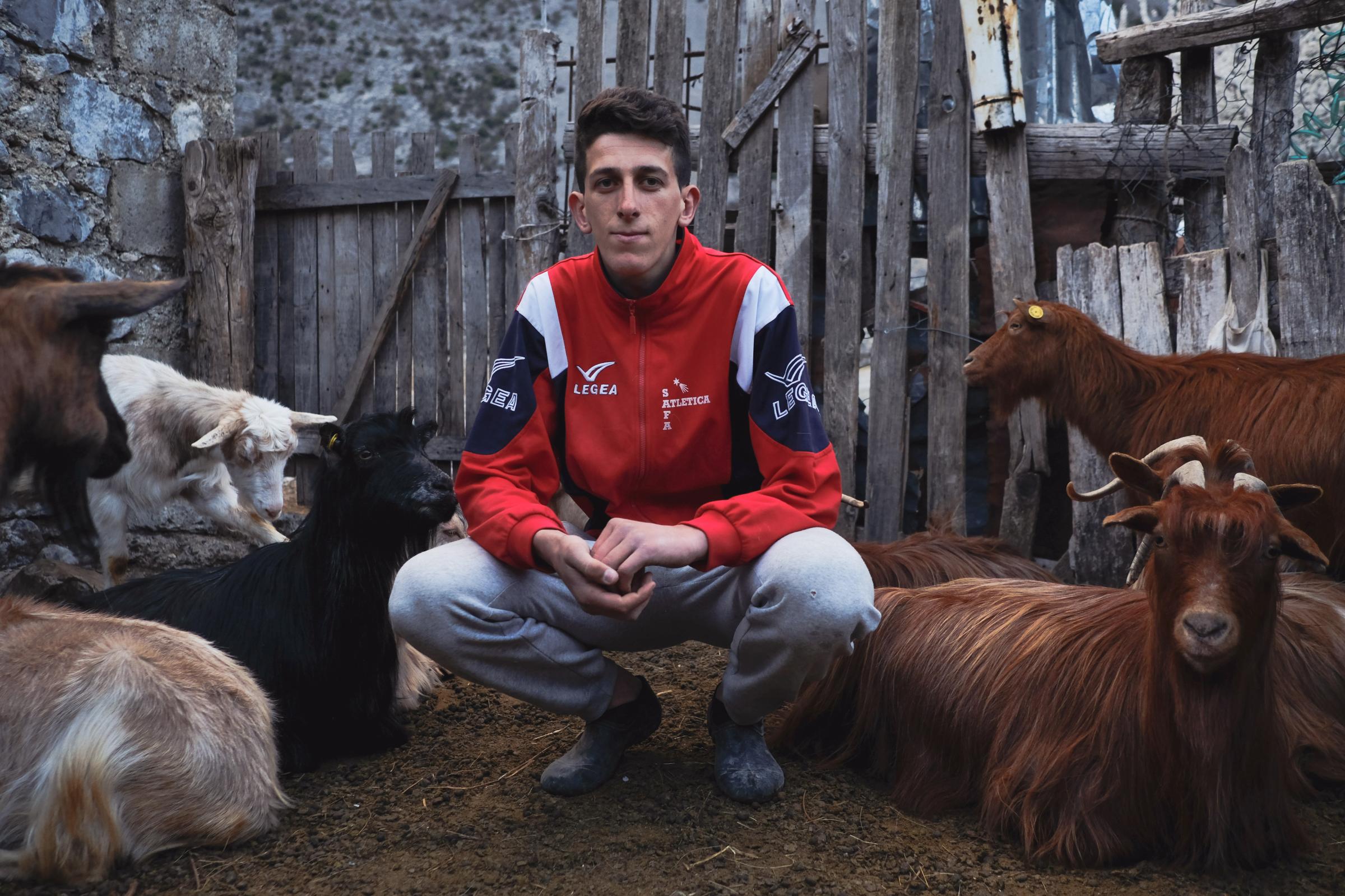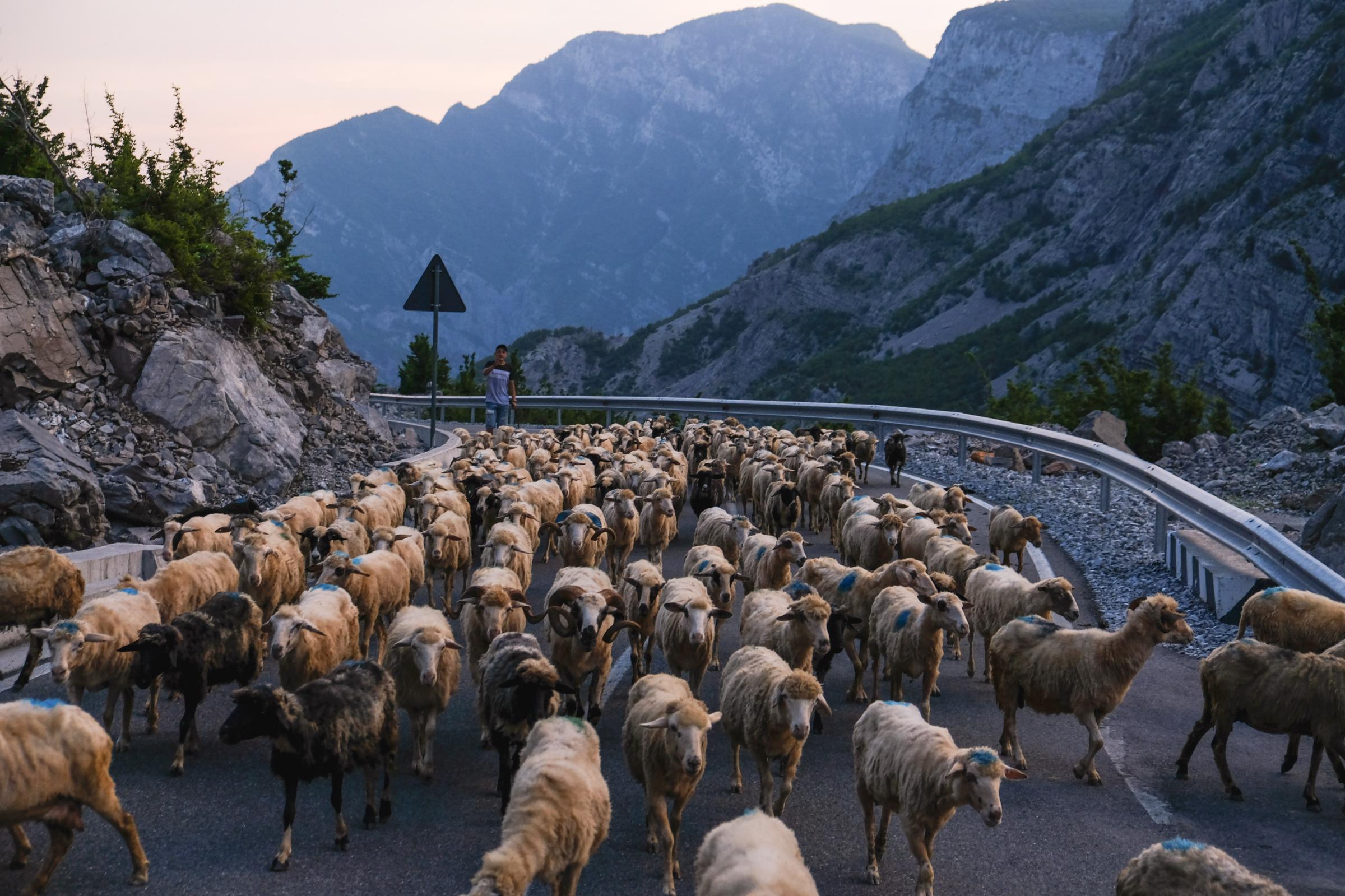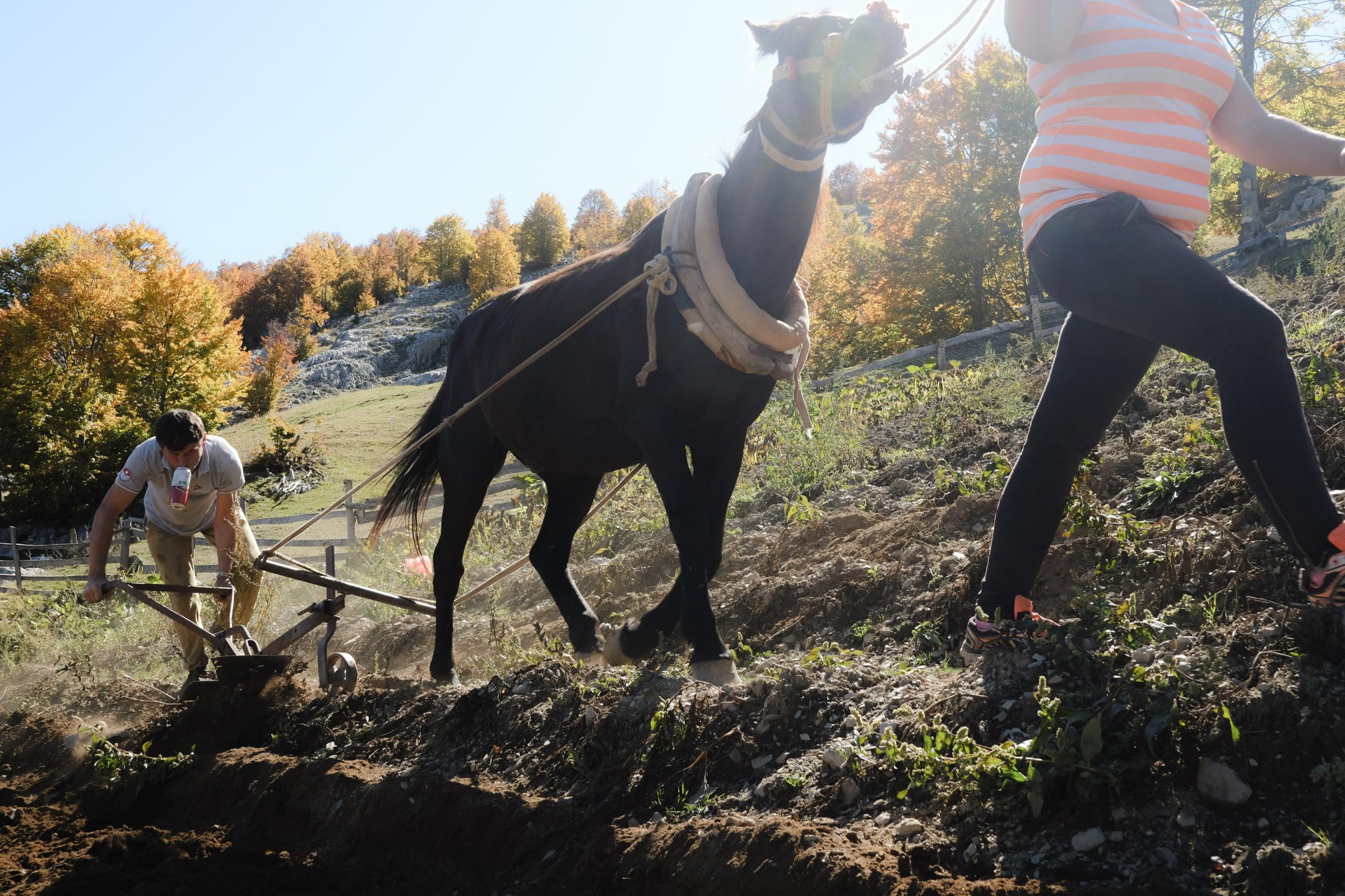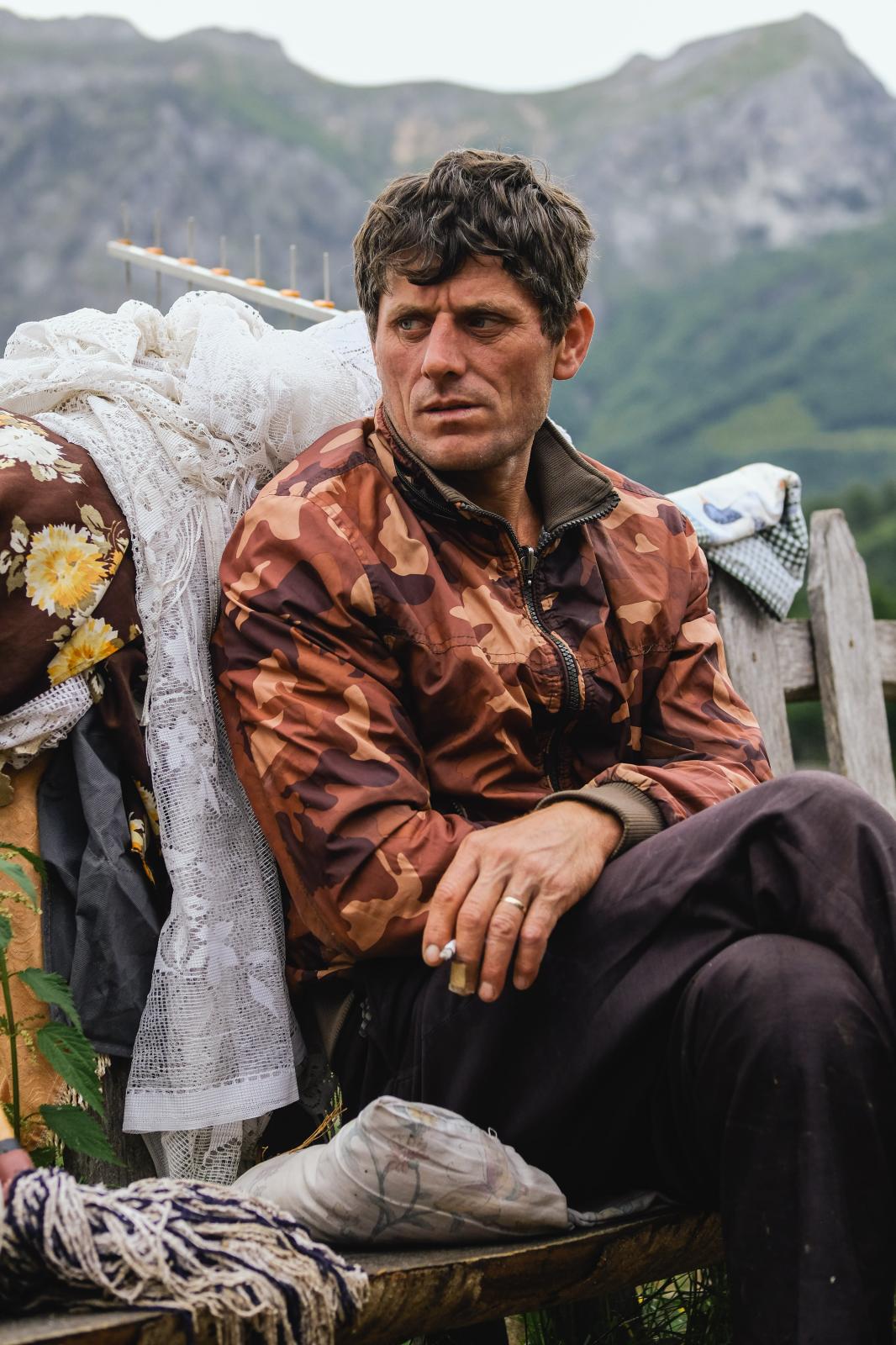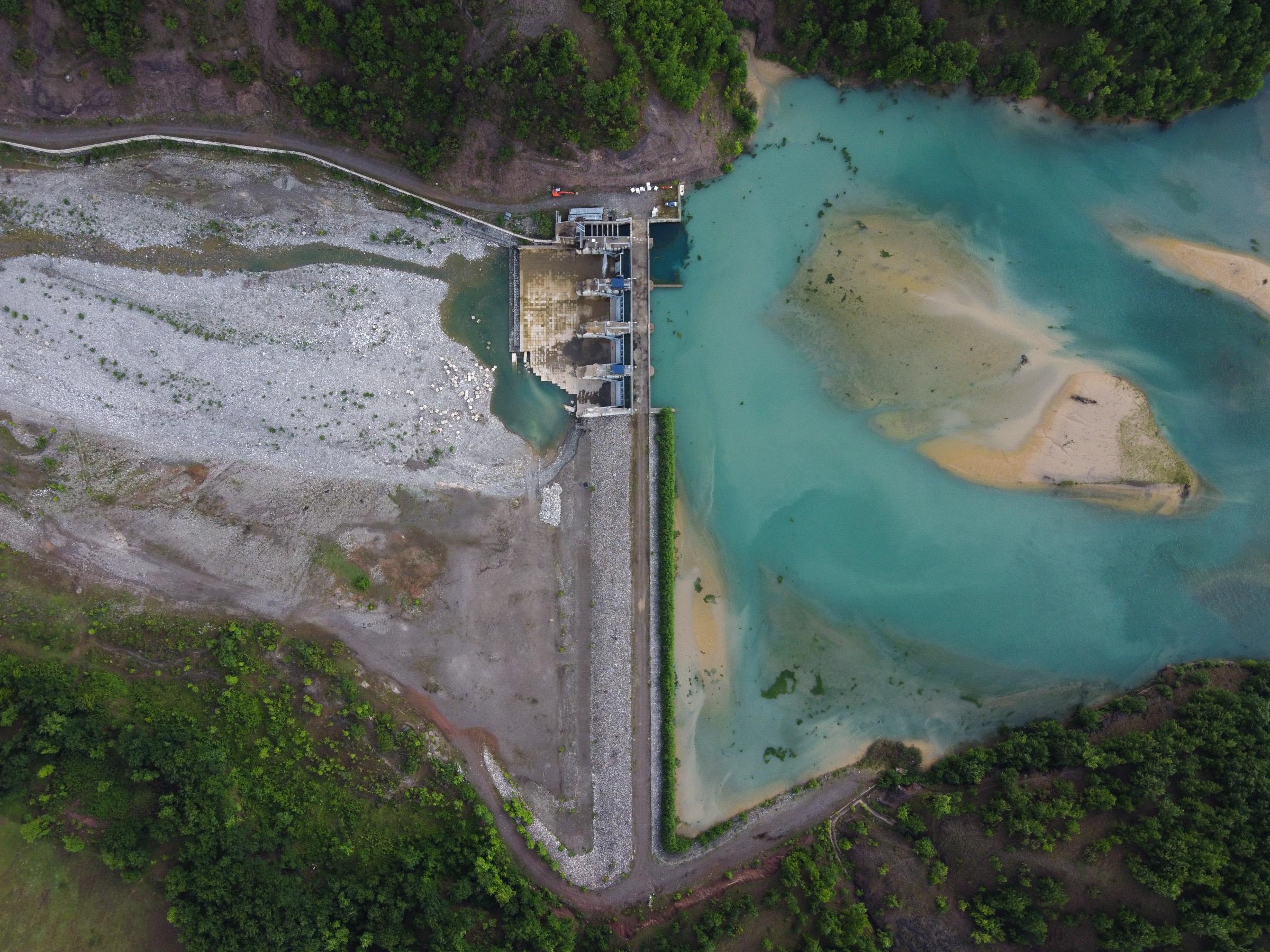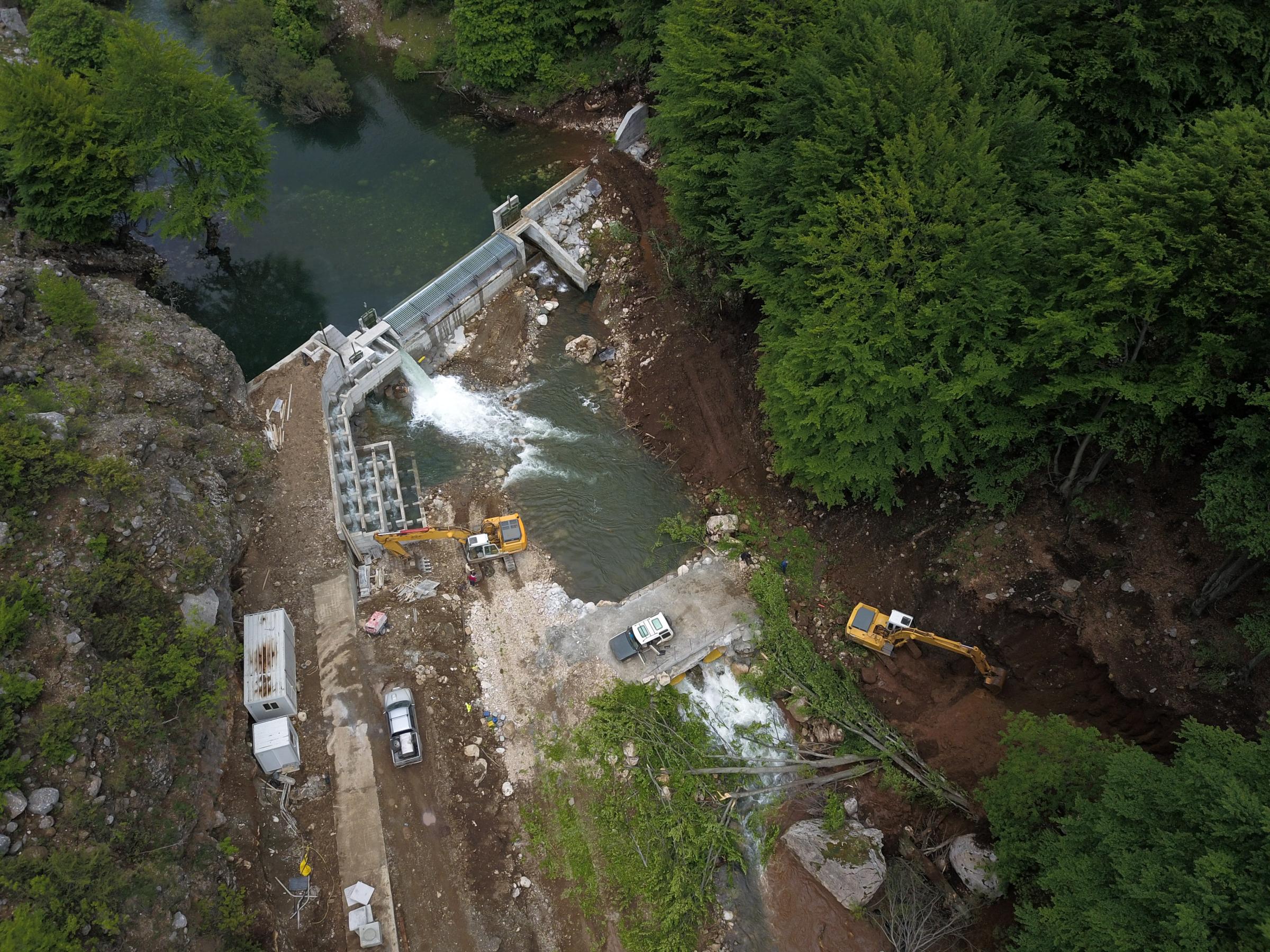Rivers Unite, Dams Divide: The Grassroots Environmental Movement to Save Bosnia's Rivers
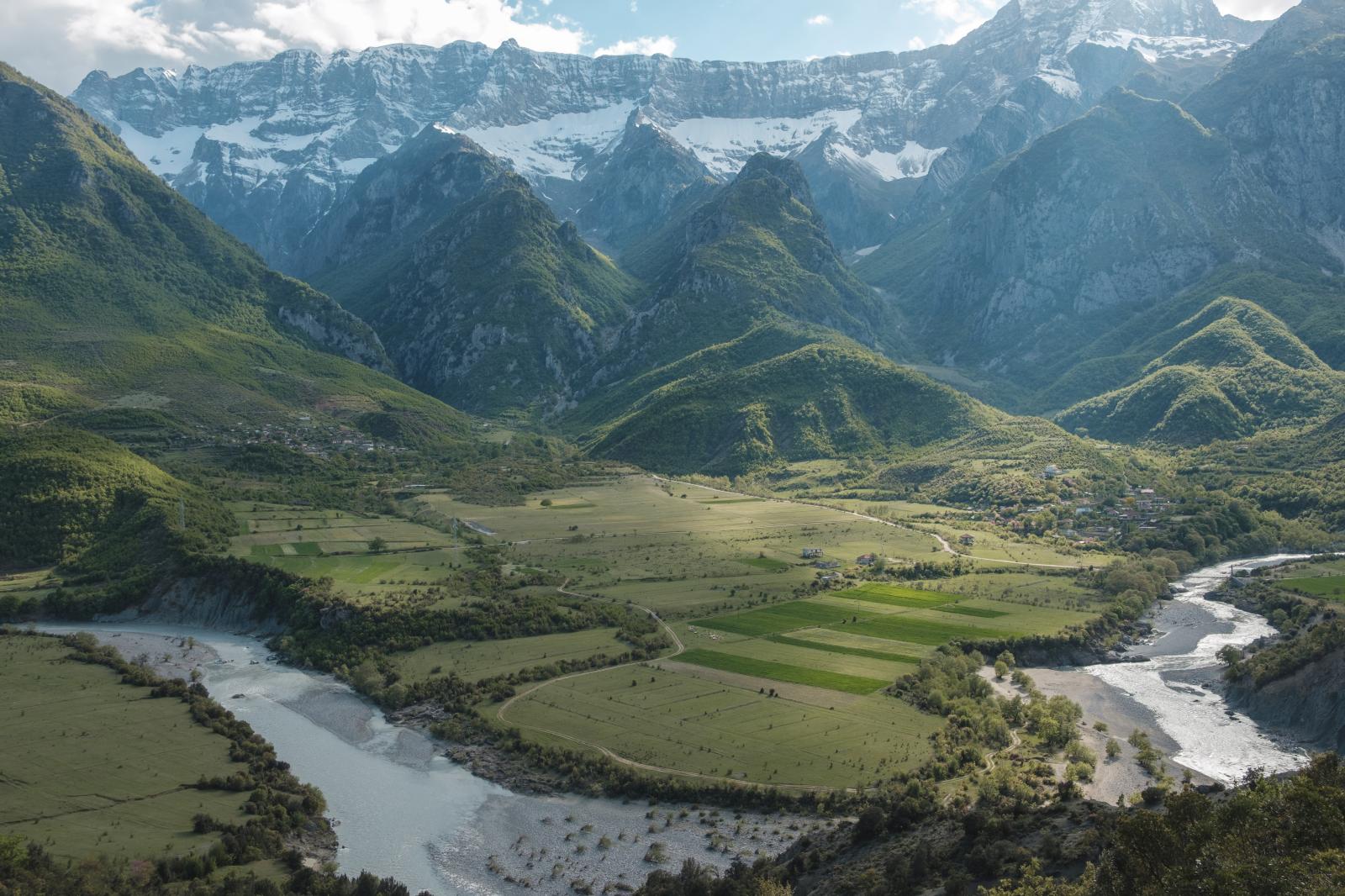
Pitch
Rivers Unite, Dams Divide: The Grassroots Environmental Movement to Save Bosnia's Rivers
Current Status
Pre-Production
Type of Story
Short Pitch
In Bosnia, some of Europe's last pristine river systems are threatened by a torrent of hydropower dams, with devastating impacts on the environment, cultural heritage, and nearby communities. Faced with this, a grassroots opposition movement is fighting for their protection, working with international scientists and NGOs, staging protests and lawsuits against the government and private investors. This project aims shed light on the unique state of Bosnia's rivers, and garner international attention and support for their protection.
Long Pitch
For most people, the Balkans is a part of the world infamously tied up with armed conflict and organised crime. Few know the region contains some of the last pristine rivers in Europe, with a 2012 study finding up to 80% in very good ecological condition. Here, scientists have encountered species of fish, insects and plants that have completely disappeared on the rest of the continent. A prime example lies in Bosnia & Herzegovina, which ranks 6th in Europe for freshwater resources. On the Neretva river, a 2022 expedition found evidence of critically endangered soft-mouth trout, elephant hawk moths, otters, Balkan Lynx, and virgin alluvial forests. It hosts two Ramsar sites of international importance due to their biodiversity and plays an important role in local fishing, farming and tourism industries. However, up to 70 hydropower dams have been proposed across the river basin, making it one of the most threatened ecosystems in Europe.
The widespread presence of hydropower dams in Western Europe has already had catastrophic effects on biodiversity in and around rivers. While touted as a source of “green energy”, there is growing evidence that hydropower dams harm the environment by changing the ecology of rivers, destroying delicate breeding grounds and animal habitats, while also posing risks to human populations through increased flooding, and loss of land. At a time when the longterm feasibility of hydropower is being questioned due to lower levels of rain and snowfall, the Balkans, and Bosnia in particular, is seeing a boom in dam construction.
Faced with this, a grassroots opposition movement has been growing around Bosnia, which is bringing together communities across previously fractured ethnic lines to defend their rivers. Drawing inspiration from the famed partisan fighters who liberated Yugoslavia during WWII, groups of activists have been staging successful protests, and filing lawsuits, supported by NGOs, lawyers, scientists, and partners in neighbouring countries. Some of those behind this movement view it as a way of not just protecting the natural resources they hold dear, but of re-uniting the peoples of Bosnia in a way they haven’t been since Yugoslav times. The impact of their campaign has already been felt, with protests and high level court rulings blocking several projects, and one house of parliament voting to stop construction of new small hydropower plants within the Federation of BiH, one of the country’s two administrative areas.
With this background, my project will examine Bosnia’s river protection movement in detail, going beyond stories that have focused solely on rivers, to examine the deep cultural and historical connections with nature, that are bringing fractured communities together. I will speak to activists on the frontlines of the campaign, local people for whom the river contributes to their livelihood through traditional farming practices or eco-tourism. I will look at examples where local opposition has resulted in preservation of rivers, as well as cases where efforts failed, and the impact that dams have had on those communities and the environment. I will follow scientists conducting research expeditions in previously unexplored places on the Neretva, seeking to build a greater visual representation of the systems that constitute a river, and how upsetting one of them can threaten the whole.
With freshwater environments threatened on a global scale, I will seek to answer why protection of rivers is critical to the future of our planet, why hydropower is no longer a suitable source of renewable energy, and what the alternatives might be. This project represents a chance to highlight this universally relevant issue in an underreported region, where successful opposition is already working to save threatened environments, and where further media coverage has a chance to galvanise support, while pressuring for legislative policy changes to save Europe’s last wild rivers.
The widespread presence of hydropower dams in Western Europe has already had catastrophic effects on biodiversity in and around rivers. While touted as a source of “green energy”, there is growing evidence that hydropower dams harm the environment by changing the ecology of rivers, destroying delicate breeding grounds and animal habitats, while also posing risks to human populations through increased flooding, and loss of land. At a time when the longterm feasibility of hydropower is being questioned due to lower levels of rain and snowfall, the Balkans, and Bosnia in particular, is seeing a boom in dam construction.
Faced with this, a grassroots opposition movement has been growing around Bosnia, which is bringing together communities across previously fractured ethnic lines to defend their rivers. Drawing inspiration from the famed partisan fighters who liberated Yugoslavia during WWII, groups of activists have been staging successful protests, and filing lawsuits, supported by NGOs, lawyers, scientists, and partners in neighbouring countries. Some of those behind this movement view it as a way of not just protecting the natural resources they hold dear, but of re-uniting the peoples of Bosnia in a way they haven’t been since Yugoslav times. The impact of their campaign has already been felt, with protests and high level court rulings blocking several projects, and one house of parliament voting to stop construction of new small hydropower plants within the Federation of BiH, one of the country’s two administrative areas.
With this background, my project will examine Bosnia’s river protection movement in detail, going beyond stories that have focused solely on rivers, to examine the deep cultural and historical connections with nature, that are bringing fractured communities together. I will speak to activists on the frontlines of the campaign, local people for whom the river contributes to their livelihood through traditional farming practices or eco-tourism. I will look at examples where local opposition has resulted in preservation of rivers, as well as cases where efforts failed, and the impact that dams have had on those communities and the environment. I will follow scientists conducting research expeditions in previously unexplored places on the Neretva, seeking to build a greater visual representation of the systems that constitute a river, and how upsetting one of them can threaten the whole.
With freshwater environments threatened on a global scale, I will seek to answer why protection of rivers is critical to the future of our planet, why hydropower is no longer a suitable source of renewable energy, and what the alternatives might be. This project represents a chance to highlight this universally relevant issue in an underreported region, where successful opposition is already working to save threatened environments, and where further media coverage has a chance to galvanise support, while pressuring for legislative policy changes to save Europe’s last wild rivers.
Timeline
Proposed Timeline:
1st January-31st December 2023
1st January-31st December 2023
- January-February: 3 Weeks Research/Logistics planning, organising accommodation, rental cars, outreach to partners, NGOs, Activist communities within Bosnia.
- March: 2 Weeks field visit to Bosnia to meet in person with partner organisations, location scouting, establishing initial contact/introductions, relationship building with communities where I will conduct field work in Ulog, Mostar, Una-San Canton, Kruscica, Jajce.
- Mid May-July: 6 weeks intensive field work traveling to meet and interview activist communities in predefined areas around Bosnia where I will focus on their efforts to defend their rivers, capture the start of farming season and associated cultural practices, areas where people are engaging in eco-tourism, travel to key locations with pristine environments and dam construction areas, and attend a weeklong research expedition of scientists exploring sections of the Neretva river organised by the Save the Blue Heart campaign.
- September-October: 2 weeks follow up work, revisiting key locations to show seasonal changes with rivers and landscapes, conduct any interviews which weren’t possible in the summer, or which need additional clarification
- November-December: 4 weeks of post production work, editing photos, writing turnaround of materials gathered throughout the year, pitching and dissemination to media outlets and partners in Bosnia.
Budget
- Airfare from UK to Bosnia: $400
- Rental Car for one month: $1000
- Lodging for one month: $800
- Food/Misc expenses for one month: $700
- Compensation for feature long-form article and photos: $5000
- Rental Car for one month: $1000
- Lodging for one month: $800
- Food/Misc expenses for one month: $700
- Compensation for feature long-form article and photos: $5000
Topics

